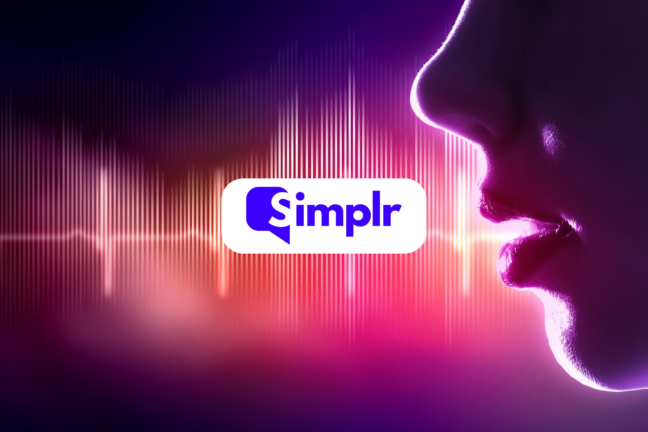A significant number of users (90%) harbor concerns related to bias, copyright problems, and the creation of false content by AI, as revealed in a recent survey by Applause.
The company shared its inaugural Generative AI Survey as a sequel to an earlier AI survey, focused on gathering user opinions regarding voice applications, chatbots, and ChatGPT.
“While technology can be extremely helpful and is being used to complete a variety of tasks – from evaluating job applications to writing business contracts, or, even as one of our survey respondents replied, to write electronic dance music, it is important to recognize that the technology is still evolving. Biased, incorrect, and harmful content is a big hurdle to surmount. To improve AI, we need to invest in strategies – in regard to data collection, training, and testing – to identify bad content and take steps toward rectifying the issues. Testing outputs with real people provides the feedback needed to understand these subtleties,” said Rob Mason, CTO for Applause.
When survey participants were questioned about their apprehension regarding bias in AI-generated content, 90% indicated they were concerned, with 25% expressing being "very concerned" that bias could impact the generated content's accuracy, tone, or relevance. This represents a notable 24% increase from the March survey.

Nearly half, 47%, reported instances where they encountered responses or content they perceived as biased. Additionally, 18% mentioned experiencing responses they found offensive.
Utilization of generative AI services in the workplace
Most respondents, 59%, reported that their workplaces endorse the use of generative AI services, and among them, 23% specified that there are limitations or regulations governing the technology's use.
In contrast, 19% of respondents stated that their workplaces do not endorse generative AI services.
Moreover, 21% of participants expressed uncertainty about their workplace's stance on this technology.
Data privacy in the context of developing new AI technologies
As many as 69% of respondents find it either "very" (35%) or "extremely" (34%) important to take data privacy into account.
Furthermore, 67% of participants believe that most generative AI services violate data privacy standards.
Copyright concerns related to content generated by generative AI
A substantial 91% of respondents expressed apprehension about the possibility that content created using generative AI might violate copyright or intellectual property safeguards.
Among this group, one-fourth (25%) indicated they were "extremely concerned" about the potential breach of copyright.
Satisfaction with chatbots
This survey revealed a 30% decrease in dissatisfaction levels compared to the March survey, indicating a potential favorable influence of generative AI on user interactions with chatbots.
Only 21% of respondents reported being either "somewhat" or "extremely dissatisfied" with their use of chatbots, marking a decline from the previous 30% dissatisfaction rate observed in March.









